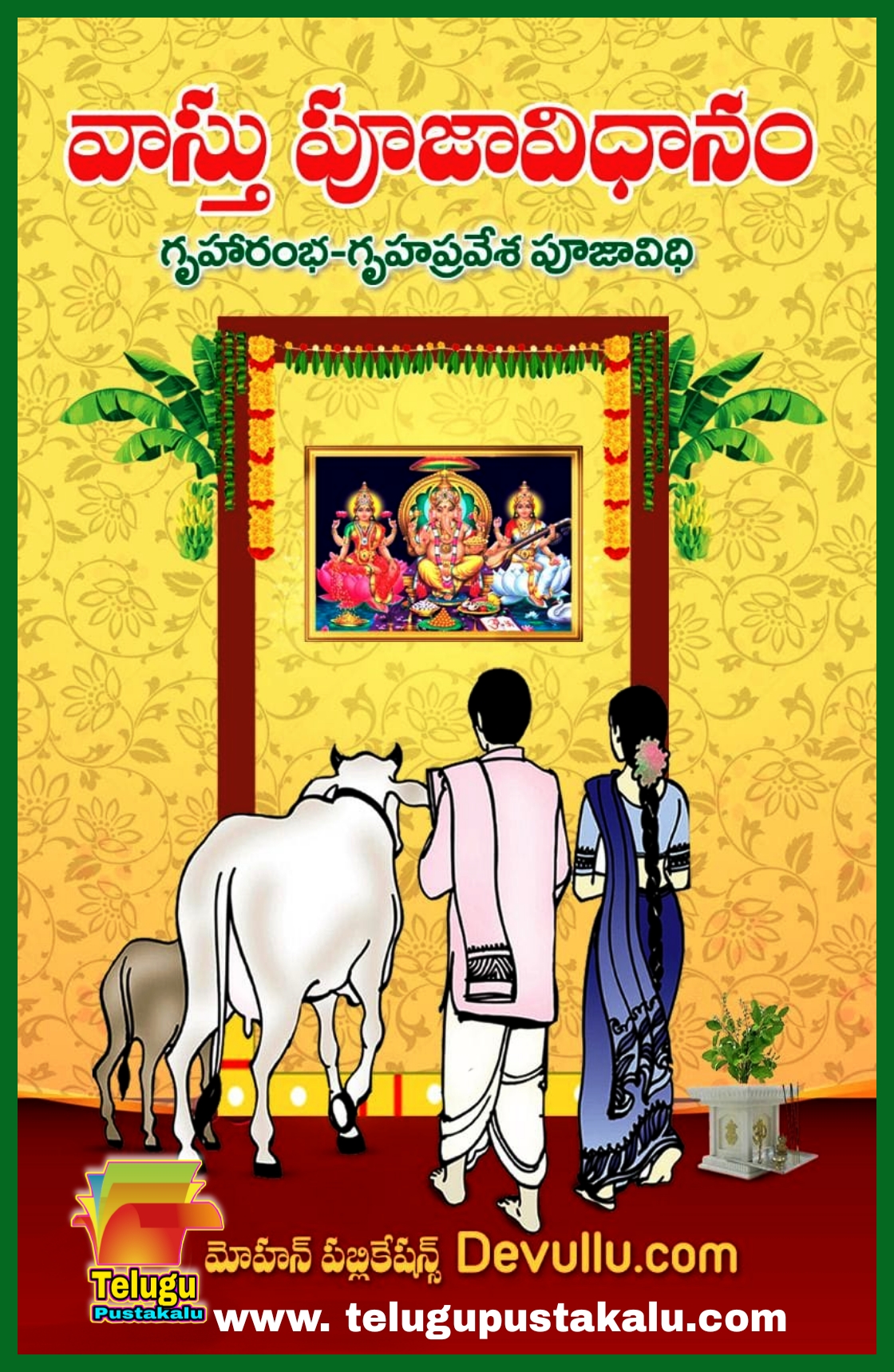Telugu, one of India's most widely spoken languages, holds a unique place in the country's cultural tapestry. With a rich history spanning over centuries, the language has evolved into a vibrant medium of communication for millions of people. This article dives deep into the world of Telugu, exploring its origins, cultural significance, and modern relevance.
Telugu is not just a language; it is a reflection of the rich heritage and traditions of the people who speak it. From ancient inscriptions to contemporary literature, the language has played a crucial role in shaping the identity of the Andhra Pradesh and Telangana regions. As we delve deeper into this topic, you will uncover fascinating aspects that make Telugu an indispensable part of India's linguistic diversity.
This guide aims to provide a comprehensive understanding of Telugu, covering its history, grammar, cultural impact, and much more. Whether you are a language enthusiast, a student, or simply curious about Telugu, this article will serve as a valuable resource for your journey of discovery.
Read also:Shubhashree Sahu A Rising Star In The Entertainment Industry
Table of Contents
- History of Telugu
- Geographical Spread of Telugu
- Telugu Literature: A Journey Through Time
- Understanding Telugu Grammar
- Cultural Influence of Telugu
- Telugu in Media and Entertainment
- Dialects of Telugu
- Learning Telugu: Tips and Resources
- Modern Relevance of Telugu
- The Future of Telugu
History of Telugu
Origins of the Language
The roots of Telugu can be traced back to the ancient Dravidian languages spoken in the southern parts of India. The earliest inscriptions in Telugu date back to the 5th century CE, showcasing the language's evolution from its proto-Dravidian origins. Over the centuries, Telugu absorbed influences from Sanskrit, Prakrit, and other regional languages, resulting in a rich linguistic blend.
Development Through the Ages
During the reign of the Kakatiya dynasty, Telugu underwent significant development, with poets and scholars contributing to its literary growth. The 11th and 12th centuries saw the emergence of classical Telugu literature, marked by works such as Nannaya's "Andhra Mahabharatamu." This period laid the foundation for the language's future prosperity.
Today, Telugu continues to thrive as one of India's official languages, with a vibrant literary tradition and widespread usage in daily life.
Geographical Spread of Telugu
Telugu is primarily spoken in the states of Andhra Pradesh and Telangana, but its influence extends far beyond these regions. Significant Telugu-speaking communities are found in Karnataka, Tamil Nadu, and other parts of India. Globally, the Telugu diaspora has established a strong presence in countries like the United States, the United Kingdom, and Australia.
Telugu Literature: A Journey Through Time
Classical Period
The classical period of Telugu literature, spanning from the 11th to the 18th century, produced some of the most enduring works in the language. Poets like Tikkana Somayaji and Errana contributed to the epic tradition, while the works of Tenali Rama and others brought humor and wit to the literary scene.
Modern Era
In the 20th century, Telugu literature underwent a transformation, with writers exploring new themes and styles. The influence of Western literature and social movements led to the emergence of progressive and experimental writing. Today, Telugu literature continues to flourish, with authors addressing contemporary issues and engaging readers worldwide.
Read also:Camilla Araujo The Rising Star In The World Of Entertainment
Understanding Telugu Grammar
Telugu grammar is characterized by its complex system of verb conjugations, noun declensions, and case endings. The language follows a subject-object-verb (SOV) structure, making it distinct from Indo-European languages. Key features include:
- Gender distinctions in nouns and pronouns.
- Extensive use of postpositions instead of prepositions.
- A rich vocabulary influenced by Sanskrit and other languages.
Learning Telugu grammar can be challenging but rewarding, offering insights into the language's intricate structure and cultural nuances.
Cultural Influence of Telugu
Telugu plays a vital role in shaping the cultural identity of its speakers. From traditional festivals like Ugadi and Sankranti to classical music and dance forms, the language permeates every aspect of life. Telugu cinema, known as Tollywood, is one of the largest film industries in India, producing movies that reflect the cultural values and aspirations of the people.
Telugu in Media and Entertainment
Film Industry
Telugu cinema has a rich history, with iconic filmmakers like Bapu and K. Viswanath contributing to its success. The industry has produced numerous blockbusters and critically acclaimed films, earning a dedicated fan base both in India and abroad.
Television and Digital Media
With the rise of digital platforms, Telugu content has gained unprecedented popularity. Streaming services and social media channels have provided new avenues for creators to showcase their work, reaching a global audience.
Dialects of Telugu
Telugu exhibits a wide variety of dialects, each with its unique characteristics. Some of the notable dialects include:
- Rayalaseema
- Coastal Andhra
- Telangana
- Urdavadi
These dialects reflect the diverse cultural and geographical landscape of the Telugu-speaking regions, adding richness to the language.
Learning Telugu: Tips and Resources
If you're interested in learning Telugu, here are some tips to get started:
- Enroll in language courses offered by reputed institutions.
- Use online resources such as apps and websites designed for Telugu learners.
- Engage with native speakers to practice your skills.
With dedication and the right resources, mastering Telugu can be an enriching experience.
Modern Relevance of Telugu
In today's globalized world, Telugu continues to hold relevance as a language of education, commerce, and culture. Its prominence in the IT industry, particularly in Hyderabad, has further boosted its importance. As more people embrace Telugu, its future looks bright and promising.
The Future of Telugu
The future of Telugu lies in its ability to adapt to changing times while preserving its cultural essence. With advancements in technology and increasing global connectivity, the language is poised to reach new heights. Efforts to promote Telugu education and literature will play a crucial role in ensuring its continued growth and relevance.
Conclusion
In conclusion, Telugu is a language steeped in history and culture, with a vibrant presence in modern times. From its ancient origins to its contemporary relevance, Telugu continues to captivate and inspire those who engage with it. We encourage you to explore this fascinating language further and share your thoughts in the comments below. Don't forget to check out our other articles for more insights into the world of languages and cultures.
For additional reading, consider consulting authoritative sources such as the Wikipedia page on Telugu and scholarly publications on Dravidian linguistics.


